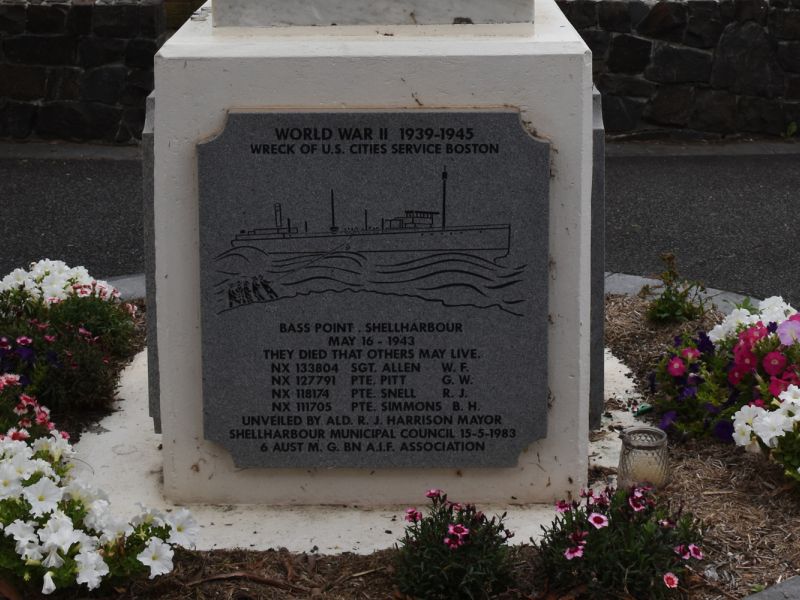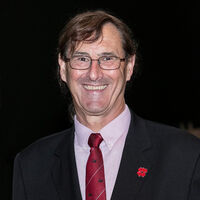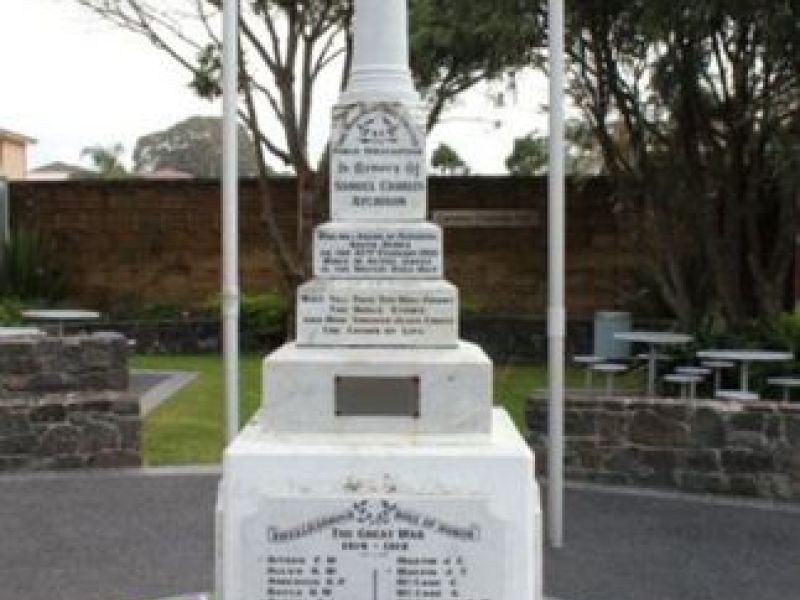They Died That Others May Live
Stories of sacrifice abound in the annals of Australians at war. The enemy though, is not always a human enemy. Sometimes it is nature that must be conquered. So it is with the Merchant Navy, where danger lies not only with lurking submarines or merchant raiders. At times it can be the sea itself that claims the lives of those who serve.
The Merchant Navy was the lifeblood of a nation at war. Vital supplies transported by sea were critical in maintaining war industry and ships of many nations served that role in Australian waters. One such ship was the United States ship ‘Cities Service Boston’.
An oil tanker owned by the American Cities Service Oil Company, the ship was requisitioned by the US Department of War Administration for the duration of the war. On the night of the 15th/16th of May 1943, it was sailing south from Sydney in convoy in very heavy weather. Due to the risk of Imperial Japanese Navy submarine activity the ship was sailing close inshore. The ‘Boston’ had been in a convoy just four days earlier, when the convoy was attacked by a Japanese submarine. The wild weather made navigation very difficult and in the early hours of the morning the ‘Boston’ was driven aground on rocks at Bass Point, NSW.
After the grounding, despite the terrible weather conditions, a rescue effort was commenced to rescue the sixty-two crew members aboard. Among the rescuers were about thirty soldiers from the Sixth Machine Gun (MG) Battalion of the Second Australian Imperial Force, who were camped nearby at Kembla Grange. Photographs from the time show that the rescuers were able to set up a line to the ship that enabled them to rescue the crew by bosun’s chair.
The rescue effort continued all day and eventually all the crew members were rescued. Tragically, towards the end of the rescue effort, as the tide rose and the waves began to crash over the rescuers, ten soldiers of the Sixth MG Battalion were washed off the rocks into the sea. Six men were recovered or were able to make it back onto the rocks, but four men drowned. The bodies of two were never found.
The names of the four men lost are recorded on a memorial at the site of the tragedy and on the Shellharbour War Memorial. They are also recorded on the Roll of Honour at the Australian War Memorial.
In September 1944, the American Consul-General at the time presented the United States Soldier's Medal to the next-of-kin of the four Australian soldiers who drowned. trying to rescue the American crew of the SS Cities Service Boston. The Medal is the highest award in the American military awards system for non-combat heroism.
- Australia at War https://www.ozatwar.com/incidents/citiesserviceboston.htm

 Henry C Moulds
Henry C Moulds